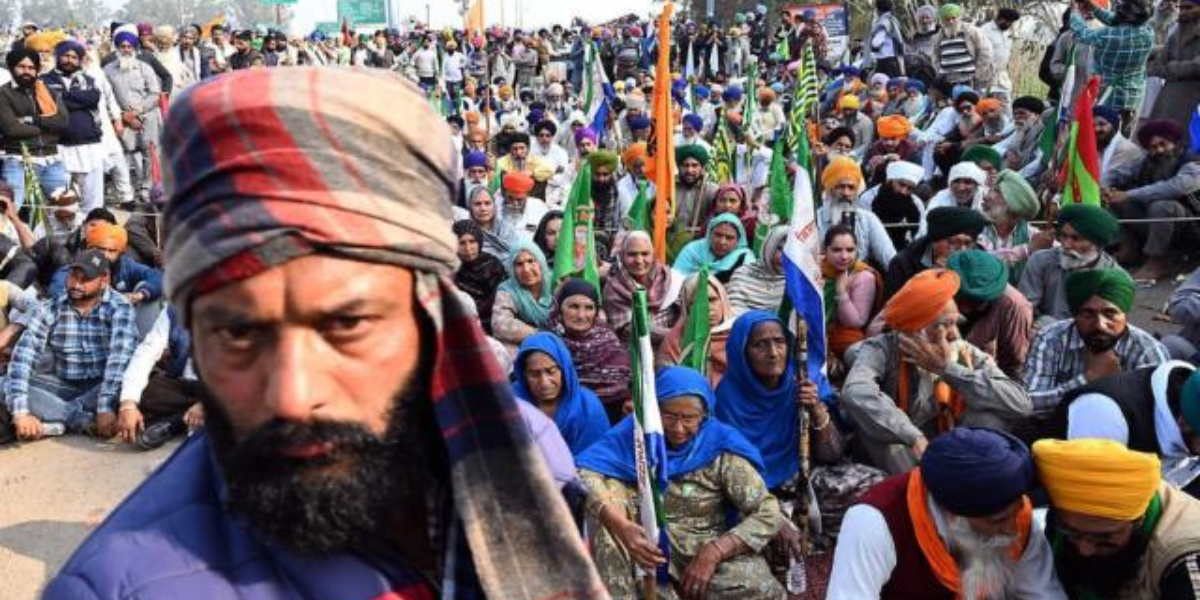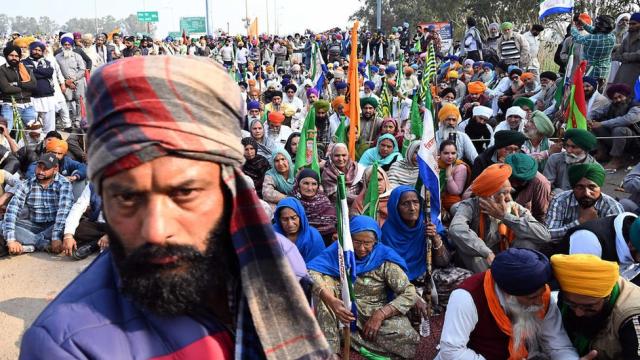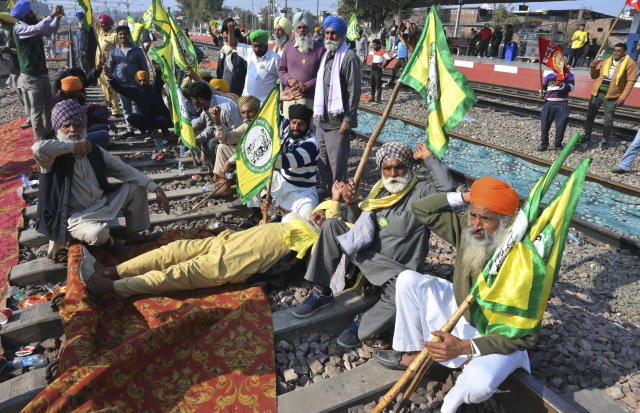The government had suggested purchasing pulses, maize, and cotton through cooperatives at guaranteed floor prices for a period of five years. These prices are also referred to as the Minimum Support Price, of which MSP is another name.
On the other hand, the farmers have stated that they will continue to insist on a “legal guarantee for MSP on all 23 fruits and vegetables.”
“We appeal to the government to either resolve our issues or remove barricades and allow us to proceed to Delhi to protest peacefully,” Jagjit Singh Dallewal, a head of a farm union, said in a statement to the local media.
As of Wednesday, they have stated that they will resume their marching.
In India, farmers constitute a significant voting group, and observers believe that the government of Prime Minister Narendra Modi will be careful not to anger or alienate them in order to maintain positive relations with them. During the general elections that will take place this year, his Bharatiya Janata Party (BJP) is attempting to win a third straight term in power.
Read More: https://www.aazkanews.in/considerations-regarding-the-election-contest-in-india-in-the-year-2024/
The authorities engaged in a confrontation with the demonstrators the previous week, shooting tear gas and plastic bullets at them in an effort to put an end to the march. In the year 2020, hundreds of farmers camped out at the boundaries of Delhi for several months, compelling the government to reverse critical agricultural measures. They are afraid that this will happen again. The demonstrators started their march the previous week, but they were stopped approximately 200 kilometers (125 miles) from Delhi.
Since that time, the administration has been hearing from the leaders of the farming community about their demands.
On the other hand, they stated that the offer was “not in their interest” on Monday night.
Farmers from Haryana and Punjab began their march to Delhi on Wednesday, marking the beginning of the most recent series of demonstrations which took place. According to them, the government did not meet the promises that it made during the protest that took place in 2020-21. In addition, they have demands that include pensions and a debt waiver.
The most essential demand that they have, however, is for a law that will ensure a support price for crops.
Since the 1960s, India has been working toward achieving its goal of achieving food security by implementing the MSP system, initially for wheat and later for other vital commodities.
It is essential, according to proponents of MSP, to safeguard farmers against financial losses that are brought on by fluctuations in prices. It is their contention that the increase in money that will follow from this will enable farmers to make investments in innovative technology, enhance their production, and safeguard cultivators from being taken advantage of by middlemen.
However, detractors argue that the system should be redesigned because it cannot be maintained and will have a catastrophic impact on the budget of the government. Additionally, they assert that it will have a disastrous effect on the agricultural industry in the long run, resulting in problems with over-cultivation and storage concerns.
Piyush Goyal, the minister of the federal government, along with other officials from the government, had held four rounds of discussions with the farmers since the previous week. In an interview with the media on Sunday, Mr. Goyal stated that the discussions had been “positive” and that the government was working on a “out-of-the-box” solution that would be beneficial to farmers, consumers, and the economy.
Farmers’ leaders, however, expressed their displeasure with the manner in which the talks were being conducted on Monday, stating that there was a lack of “transparency” present.



